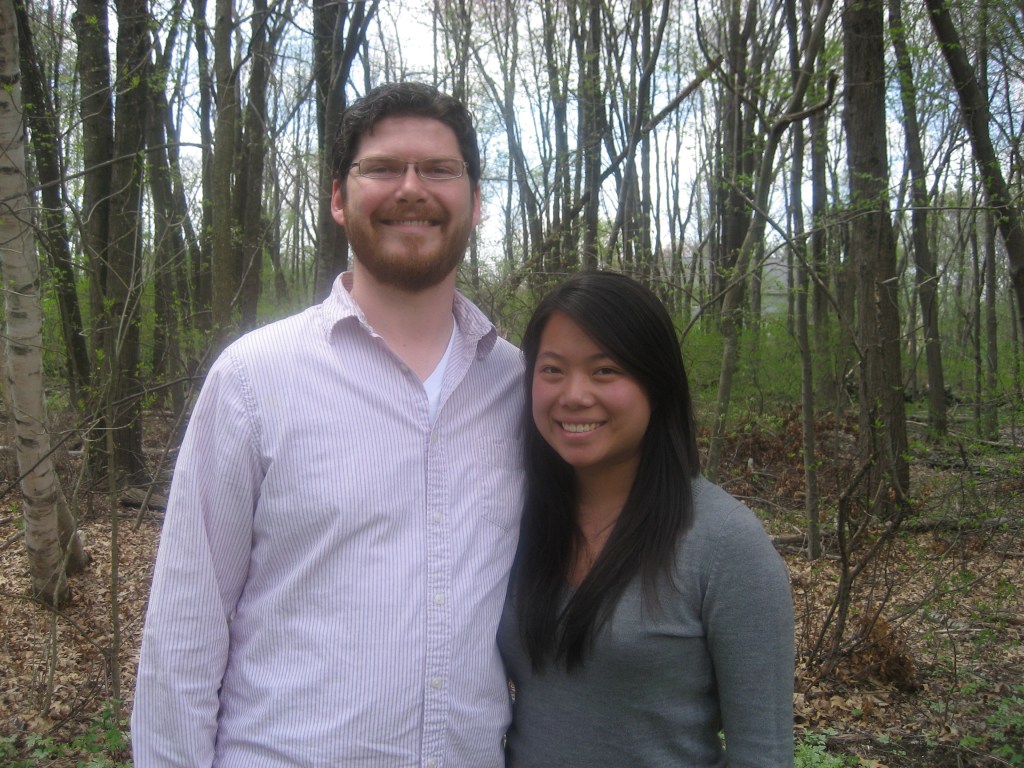Two graduate students named Schweitzer Fellows

One student is creating a support network to help Asian-Americans quit smoking. The other is working to ensure healthcare remains a priority for the formerly incarcerated.
Both Northeastern students have received Albert Schweitzer Fellowships, which support research and outreach addressing healthcare disparities in underserved communities. The nationwide program was established in 1992 and is based at Boston’s Beth Israel Deaconess Medical Center.
Jeffrey Coots, a School of Law student pursuing a dual degree in public health at Tufts School of Medicine, and Connie Lu, a fifth-year student in the School of Pharmacy, are two of 15 Boston-based Fellows, who hail from seven universities and represent eight health and human service disciplines.
“It’s a very strong network that supports you, helps you when you get stuck and congratulates you when you succeed,” Coots said.
He’s using his Fellowship to work with a nonprofit organization called Span Inc., which helps former inmates successfully rejoin their communities. Coots will work directly with the formerly incarcerated to ensure they have access to care, continue getting medical treatments and are aware of the precautions needed to prevent spreading infections and diseases.
He noted that incarcerated individuals tend to be at much higher risk for acute medical problems such as HIV, hepatitis and diabetes. “For people just released from prison, healthcare starts to get bumped down the list,” Coots said. “It’s something they have on their mind, certainly, but it’s not a top priority. They want to get a job, they want to reconnect with family.”
Lu is spending her year as a Schweitzer Fellow working with Neponset Health Center in Dorchester tackling addiction to smoking, particularly among the Asian-American community.
“The population in the Dorchester community is one without the highest access to healthcare and smoking is such a hard habit to kick,” Lu said, “so the more resources out there can affect people not just now, but into the future.”
Lu said the Schweitzer program, which has 230 fellows in a dozen American cities, is a powerful tool for transforming healthcare. As she put it, “You’re giving your all to whoever you can help.”





